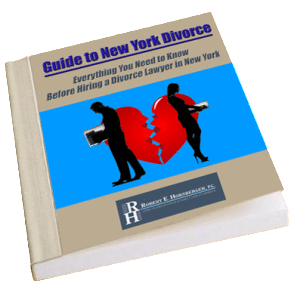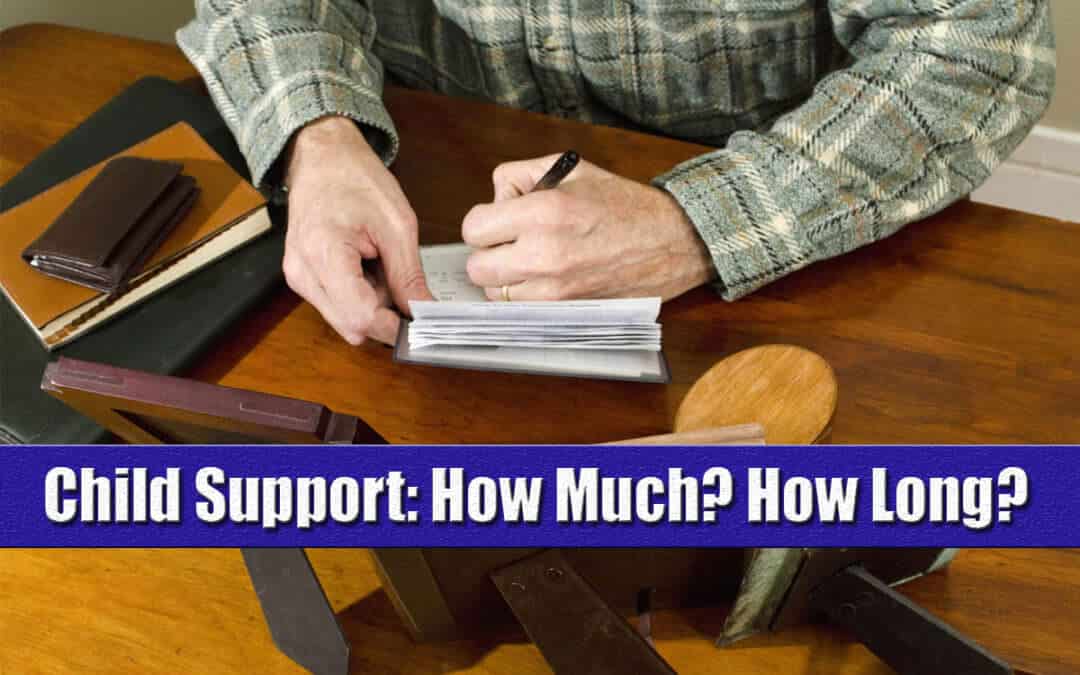

Can Child Support/Custody Agreements be Modified on Long Island, NY?
HOME ABOUT US OUR FIRM FIRM YOUR LEGAL TEAM ATTORNEYS YOUR ATTORNEYS ROBERT E HORNBERGER CHRISTINE M VERBITSKY ANNEMARIE LANNI LAWRENCE M. MARINO BRENDA LYNCH (Of Counsel) PRACTICE AREAS AREAS OF EXPERTISE What’s Involved In Divorce DIVORCE DIVORCE COLLABORATIVE...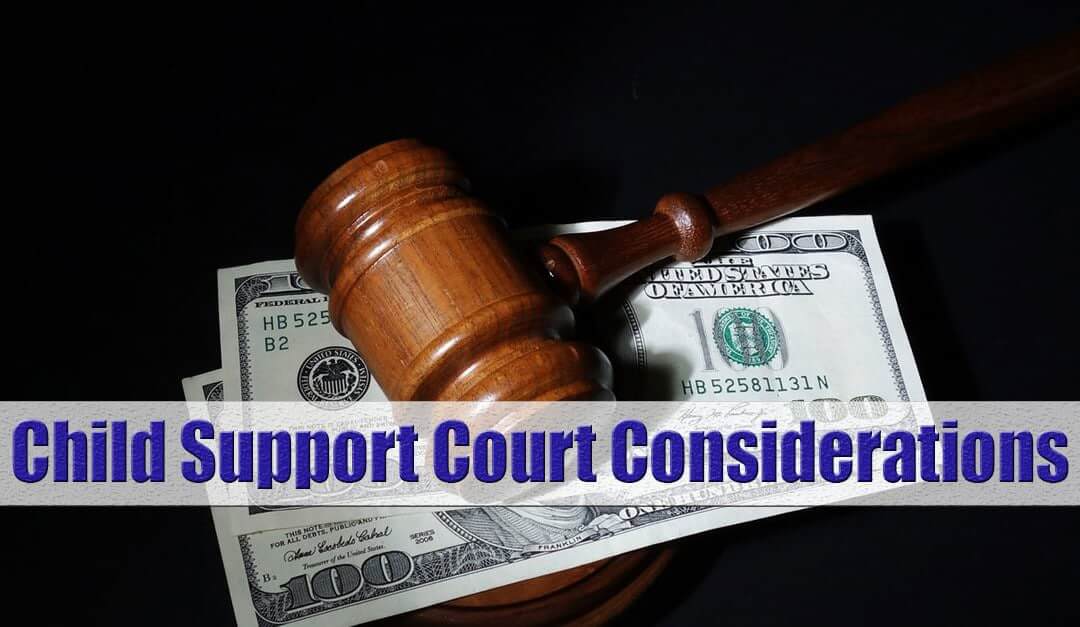
Long Island Child Support Considerations in Nassau & Suffolk
As a Long Island Family Law Attorney I know divorcing or divorce couples have many questions about how much they will have to pay or will receive in child support payments. Divorce and Child Support on Long Island is governed by New York state law. Under New York law,...Child Support on Long Island, NY
HOME ABOUT US OUR FIRM FIRM YOUR LEGAL TEAM ATTORNEYS YOUR ATTORNEYS ROBERT E HORNBERGER CHRISTINE M VERBITSKY ANNEMARIE LANNI LAWRENCE M. MARINO BRENDA LYNCH (Of Counsel) PRACTICE AREAS AREAS OF EXPERTISE What’s Involved In Divorce DIVORCE DIVORCE COLLABORATIVE...Mr. Hornberger handled a stressful custody and child support case for my family with the utmost professionalism, compassion and care. His expertise, understanding and preparation of our case helped ease the tension during this most difficult time. The high quality of service we received from Mr. Hornberger and his staff throughout our case was undeniable. Their style of communication is to respond to any inquiries or requests quickly and honestly. If you have a question, you don’t wait for days for a response! We are happy to have found a firm that understands the complexities and sensitive nature associated with these types of cases as well as the complex New York legal system. They offer legal advice in a timely manner and will litigate professionally, when necessary.
Robert is an amazing attorney who makes divorce/separation a whole lot easier to deal with. He was available by phone or email to answer any questions and always got back to me promptly. I really feel that he cares about his clients and was always honest and up front about everything. My main concern throughout everything was my kids. Robert is very knowledgeable about child custody/child support issues. He added things to my agreement that I wasn’t even thinking of and I’m very grateful for that. I would highly recommend him to anyone!!
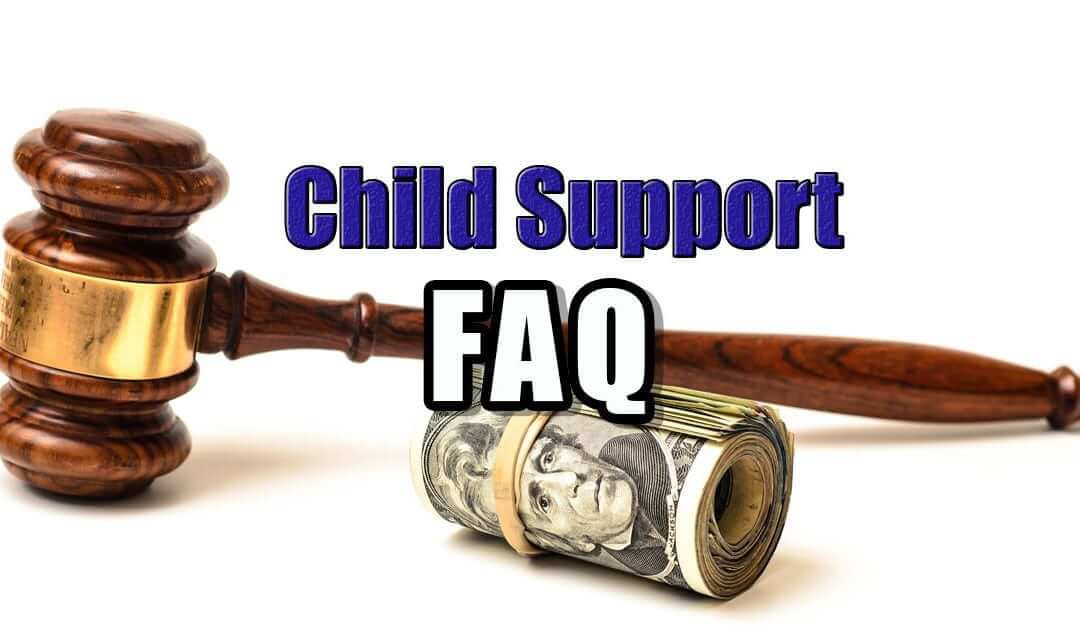
Long Island Child Support Lawyer Answers Frequently Asked Questions
Who Must Pay Child Support on Long Island?
On Long Island, both parents have a legal responsibility to financially support their child. The parent with whom the child lives is known as the “custodial parent”. The parent who does not live with the child is known as a “non-custodial parent”. A non-custodial parent must provide financial assistance for the support of his or her child even though he or she does not live with the child. This is true even in cases where a child spends equal time with both parents. In such cases, if the non-custodial parent is the higher earning parent, he or she may have an obligation to pay child support to the custodial parent for the care of the child.
How is the Amount of Child Support Determined?
Long Island courts are governed by New York state law, which uses a formula to determine the child support obligation. That formula is generally as follows:
- 17% of the parent’s gross income for 1 child
- 25% of the parent’s gross income for 2 children
- 29% of the parent’s gross income for 3 children
- 31% of the parent’s gross income for 4 children
- 35% or more of the parent’s gross income for 5 children
Some non-custodial parents are also responsible for covering a certain percentage of medical, educational, and child care expenses. This percentage will be determined based upon the income of the non-custodial parent. Usually these costs are split up proportionally based upon how much each parent earns.
What If I Have Other Children & Cannot Afford This?
In some circumstances, where a non-custodial parent has to pay child support to two or more different custodial parents as a result of having children in two or more other relationships, that non-custodial parent may be able to argue that he or she cannot afford to pay the set percentage in these circumstances. For example, if a man fathers two children, each by different mothers, he would have to pay 17% of his income to one custodial parent for one child, and 17% of his income to the other custodial parent for the other child. The father may be able to successfully argue that he cannot afford the burden of paying out this much, and the court may modify the formula.
Similarly, where a father is raising children in his own home and paying child support for a child who does not live with him, he may be able to successfully argue that he cannot care for the child in his custody because of his child support obligations to his other child.
When Does the Child Support Obligation Begin?
The obligation to pay court-ordered child support begins when the custodial parent files a petition in court.
Can I Modify a Child Support Order?
A child support order can be modified only if there is a significant change in circumstances. A significant change in circumstances usually means a large increase or a large decrease in income.
Can I Modify the Amount of Child Support Arrears I Owe?
In New York State, the amount of overdue child support cannot be modified. If you anticipate that you will fall behind on payments, it is best to speak to a lawyer on how to get a modification before that happens.
What About Cases Where Paternity Has Not Been Established?
In order for the child support obligation to take hold, there must be a legal parental relationship established between the parent and child. A father has a legal parental relationship with the child when paternity has been established. This can happen in several ways: the father signs an acknowledgment of paternity, the father is married to the child’s mother at the time the child is born, or a court issues an order after genetic testing has shown the individual is the father.
What if a Parent Gets Remarried?
The remarriage of a parent does not change the child support obligation of the legal parent to that child. In cases where there is a termination of parental rights leading up to step-parent adoption, however, there is a change in the legal child support obligations.
What if the Custodial Parent Refuses to Allow Me to Visit With My Child?
Visitation and child support are separate issues, and a custodial parent cannot violate a court’s order to allow visitation. It is best to seek recourse in the court, such as by having a visitation order enforced or simply by asking the court for a visitation order if you do not have one.
If the Non-Custodial Parent Refuses to Pay Child Support, Can I Prevent Him or Her from Seeing My Child?
As stated above, New York State treats visitation and child support as separate issues. If you are not getting the child support that is owed to you, you should seek the advice of an experienced Long Island child support lawyer or family law attorney to go through your options.
Contact an Experienced Long Island Child Support Lawyer or Family Law Attorney for a Free Consultation
If you have questions about your child support arrangement, you should speak to an experienced Long Island Child Support lawyer or Family Law attorney who can explain to you your rights and responsibilities. Our attorneys are experienced in all aspects of family law in New York State, and have helped many Long Island clients with their child support concerns. Contact us today at 631-923-1910 for a free consultation.
Check out our Divorce Guide for Dads for more information about divorce issues specifically related to fathers.
Download our Free New York Divorce Guide
Our 41-page “Guide to New York Divorce: What You Need to Know Before Hiring a Divorce Lawyer in New York” written by an experienced family law lawyer, Long Island’s Robert E. Hornberger, Esq., provides you with real information on the divorce process and the laws it rests upon in the state of New York. This book will help give you a solid foundation upon which you can begin the process of making your family’s, life better. Download your Free Guide to New York Divorce here.
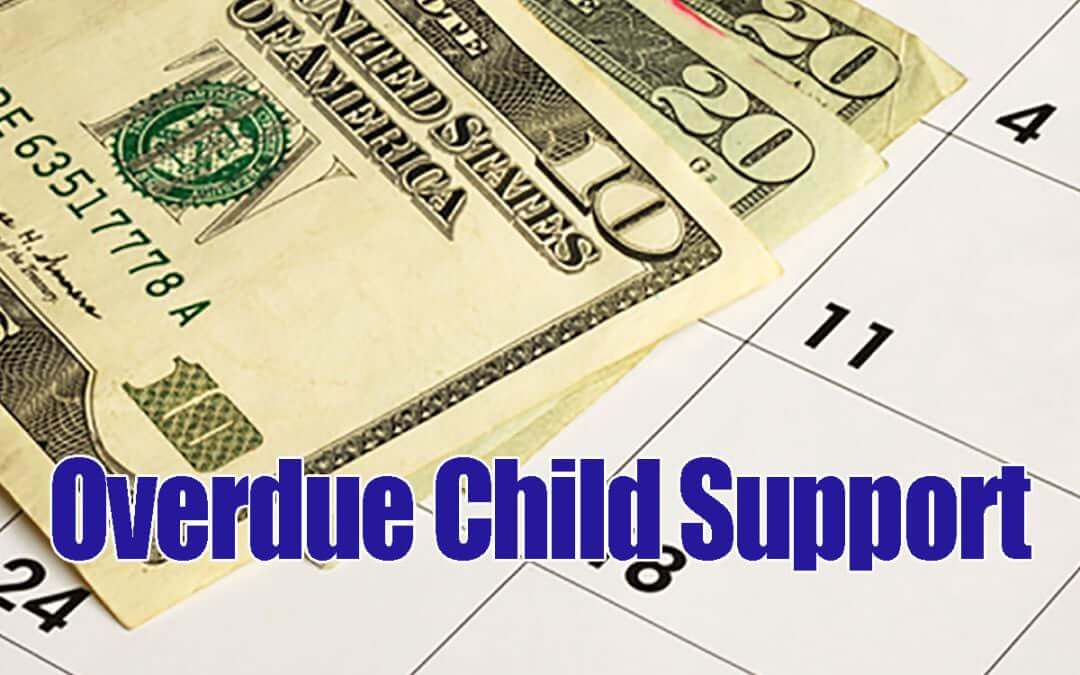
Long Island Divorce Lawyer Explains What to Do About Child Support Arrears
As a Long Island Divorce Attorney practicing in Nassau County and Suffolk County, I am often asked what to do about a spouse who has fallen behind in their child support payments. (more…)

Long Island Family Law Attorney & Child Support Lawyer Explains Paternity in Nassau County & Suffolk County, Long Island
As a Long Island Family Law attorney, I see first-hand, how the value of a father figure in a child’s life is immeasurable, yet I see some parents and families questioning or disregarding the value of legally establishing paternity. Under New York law, paternity is recognized as the legal status of being a father. The legal nature of paternity results in certain rights and responsibilities that would not exist absent the legal establishment of paternity, including child support obligations and visitation rights. The importance of establishing paternity lies in protecting the best interests of the child by providing the child with the same benefits as a child born to parents who are married.
How to Establish Paternity in Nassau County & Suffolk County, Long Island, New York
Legal Paternity in Nassau County & Suffolk County, Long Island, New York, is presumed when a child is born of a marriage and is therefore the legal child of both the father and the mother. Accordingly, if the child’s parents were married at the time of birth, paternity need not be established.
In the event a child is born out of wedlock, paternity can be established in two ways in New York. First, and most commonly effectuated, is an Acknowledgement of Paternity. In this situation, both parents sign a “Voluntary Acknowledgement of Paternity” form, in which both parents acknowledge that the man signing the form is the legal father of the child. If there is any doubt as to the identity of the natural father, this document should not be signed. The form must be signed by both parents and witnessed by two people who are not related to either of the parents. This form is usually signed at the hospital soon after the child is born; however, it can also be completed at some other time so long as it is signed by both parents and the independent witnesses in accordance with the law.
Second, paternity can be established by DNA tests, which have been shown to nearly conclusively establish whether an individual is a child’s natural father. Paternity establishment is also a way to determine the identity of the child’s biological father. In a situation where one parent does not wish to sign a voluntary acknowledgement of paternity or the natural father is unknown, a Petition may be filed with the court in Nassau County or Suffolk County. The petition may be brought by the mother, alleged father, the child, or a legal guardian of the child. The petition can be filed anytime from the pregnancy until the child turns 21 years of age. The Petition will ask the court to call both parents and the child into court in order to obtain DNA from the child and the purported natural father of the child. In this case, when the father is identified, the court will issue an Order of Filiation.
For the father, legal paternal status results in a right to legal custody, physical custody, and visitation with the child. The legal father is allowed to petition the court for visitation and custody of the child, which affects his right to be involved in his child’s life. A legal father must also be notified of any potential adoption of the child and will need his legal status as father to have standing to contest an adoption proceeding. Legal paternal status also gives the Mother the right to petition in Nassau County Family Court or Suffolk County Family Court for child support payments from the father.
Benefits of Establishing Paternity in Nassau County, Suffolk County, Long Island, New York
For the child, once paternity is established, he or she is able to have both parents’ names on their birth certificate, receive medical or life insurance from both parents, and receive increased financial security by means of inheritance, Social Security benefits, and child support. A child can also benefit from visitation or custody with his or her father.
The mother of the child benefits from having paternity established insofar as the father becomes legally responsible for the child in terms of financial support (child support), medical needs, and education. Once paternity is established, the mother may petition for child support so that the father will be legally obligated to contribute to the child’s food, clothing, school, day care, medical, and other basic expenses.
If two individuals are not married at the time of the child’s birth, and the father has not signed an Acknowledgement of Paternity, the father does not have legal rights and duties to the child and so paternity must be established. Even if parents live together or plan to marry at some future date, paternity should be established in order for the child and both parents to secure certain rights.
Receive a Free Consultation from an Long Island Family Law Attorney and Child Support Lawyer Experienced in Paternity Issues in Nassau County, Suffolk County, Long Island
If you have questions about establishing paternity or how to protect your or your child’s interests in Nassau County, Suffolk County, or anywhere in New York State, reach out to an experienced family law attorney and child support lawyer who can provide personal advice and assistance. Contact us at 631-923-1910 or fill out the short form on this page and we’ll get right back to you.
Download our Free New York Divorce Guide
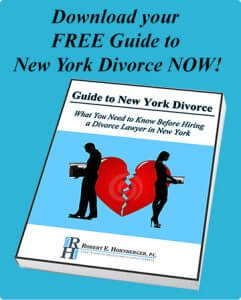 Our 41-page “Guide to New York Divorce: What You Need to Know Before Hiring a Divorce Lawyer in New York” written by an experienced divorce lawyer Long Island’s Robert E. Hornberger, Esq., provides you with real information on the divorce process and the laws it rests upon in the state of New York. This book will help give you a solid foundation upon which you can begin the process of making your family’s, life better. Download your Free Guide to New York Divorce here.
Our 41-page “Guide to New York Divorce: What You Need to Know Before Hiring a Divorce Lawyer in New York” written by an experienced divorce lawyer Long Island’s Robert E. Hornberger, Esq., provides you with real information on the divorce process and the laws it rests upon in the state of New York. This book will help give you a solid foundation upon which you can begin the process of making your family’s, life better. Download your Free Guide to New York Divorce here.
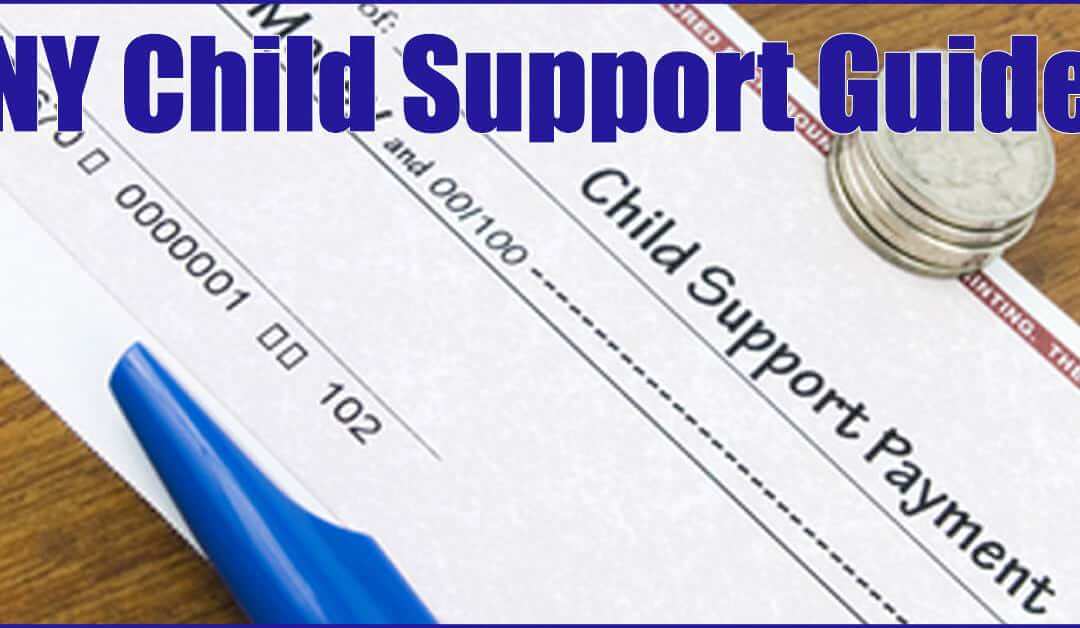
Long Island Divorce Lawyer Explains Child Support in Nassau County and Suffolk County, Long Island
As a Long Island divorce lawyer, I see first-hand, every day that one area of divorce that causes the most stress for divorcing couples in Nassau County and Suffolk County is the matter of child support. Custodial parents are concerned they will be left with a larger financial burden than the non-custodial parent and the non-custodial parent is concerned that the money provided will not be spent on the child or children’s needs.
Child support is financial support provided by a non-custodial parent for the needs of the child or children, including basic needs such as food and clothing, medical and educational expenses, child care costs, and health insurance. The amount of support may be privately arranged between parents and caretakers, or may be determined by a Support Magistrate in Nassau County or Suffolk County Family Court.
Child support obligations in New York are governed by the Child Support Standard Act (CSSA), enacted in 1989, which provides a formula for determining each parent’s responsibility to provide financially for the his or her children. The CSSA takes into account both the income and expenses of both parents in order to calculate each parent’s pro rata share of child support.
Basic child support, before considering factors such as medical or educational expenses, is determined by calculating each parent’s share of the combined parental income, and using that percentage to determine the responsibility of each party. The income calculation is based upon gross income, usually reflected in the most recent tax return, as well as other income such as disability payments, rental income, and other government or employment benefits. A court may also consider non-recurring income such as gifts or lottery winnings in its calculation.
The percentage of combined parental income that is used to calculate basic child support under CSSA is as follows:
- 17% of the combined parental income for one child
- 25% for two children
- 29% for three children
- 31% for four children
- No less than 35% for five or more children
This formula is applied to combined parental income above the poverty income guideline ($11,770 annually for a single person), and up to $141,000. If a parent’s income falls below the poverty income guideline, the minimum amount for basic child support is $300 per year. Above the $141,000 threshold, the court will consider additional factors such as parents’ financial resources, additional needs of the child, and other factors it determines to be relevant. In circumstances where the total combined parental income amounts to over $141,000 the court may, but is not required to, use the percentages set forth by CSSA.
Retroactive child support may also be awarded from the date that the support was demanded. Child support will not be owed retroactively from the date of the child’s birth unless a demand was made at that time.
A court may also impute the income of a noncustodial parent if that parent is unemployed or underemployed. This may be done by basing the child support obligation upon the earning income of the individual. The imputation of income mechanism may be used by the court in instances in which it appears to the court that an individual is attempting to avoid child support obligations by remaining unemployed or underemployed.
For example, if a noncustodial parent is working “off the books,” the court may impute the income of the individual by evaluating that individual’s expenses and expenditures. For example, if a parent shows income of $11,000 per year, but his expenditures amount to $30,000 per year, a court may impute the true income by assuming that this individual earns at least $30,000 annually.
Overdue child support may be collected by the New York State Child Support Enforcement Bureau. Garnishment of wages, interception of unemployment benefits, tax refund interception, or property execution such as seizure of bank accounts are all lawful administrative procedures by which child support obligations can be enforced without going to court. Failure to pay child support can result in a noncustodial parent being held in contempt of court. This can result in a loss of driver’s license or even jail time if a noncustodial parent is ordered to pay but does not pay. A court will consider whether a noncustodial parent has truly fallen on hard times before holding the parent in contempt of court. For example, if a noncustodial parent has lost a job, incurred a large medical expense, or presents some other exceptional circumstances, the court may withhold its power to do so. However, it is important to remember that, under CSSA, this decision is entirely within the discretion of the court.
Finally, a custodial or noncustodial parent is permitted to petition the court for a modification of his child support arrangement in order to increase the amount due to increases in cost of living, or to decrease the amount due to a loss of income.
For more information on child support, visit the New York State Division of Child Support Enforcement Child Support Standards Chart at https://www.childsupport.ny.gov/dcse/custodial_parent_info.html#whatis and https://www.childsupport.ny.gov/dcse/pdfs/cssa_2015.pdf.
Receive a Free Consultation from a Long Island Divorce Lawyer Experienced in Child Support Issues in Nassau County, Suffolk County, Long Island
For more information about how to protect yourself and your children during your divorce in Nassau County of Suffolk County, contact a Long Island divorce attorney with great experience in child support and other divorce and family law matters. Long Island’s Robert E. Hornberger, Esq., PC and his compassionate and experienced divorce lawyers can help. Call us at 631-923-1910 for a complimentary, confidential consultation or fill out the short form on this page and we’ll get right back to you.
Download our Free New York Divorce Guide
 Our 41-page “Guide to New York Divorce: What You Need to Know Before Hiring a Divorce Lawyer in New York” written by an experienced divorce lawyer Long Island’s Robert E. Hornberger, Esq., provides you with real information on the divorce process and the laws it rests upon in the state of New York. This book will help give you a solid foundation upon which you can begin the process of making your family’s, life better. Download your Free Guide to New York Divorce here.
Our 41-page “Guide to New York Divorce: What You Need to Know Before Hiring a Divorce Lawyer in New York” written by an experienced divorce lawyer Long Island’s Robert E. Hornberger, Esq., provides you with real information on the divorce process and the laws it rests upon in the state of New York. This book will help give you a solid foundation upon which you can begin the process of making your family’s, life better. Download your Free Guide to New York Divorce here.

